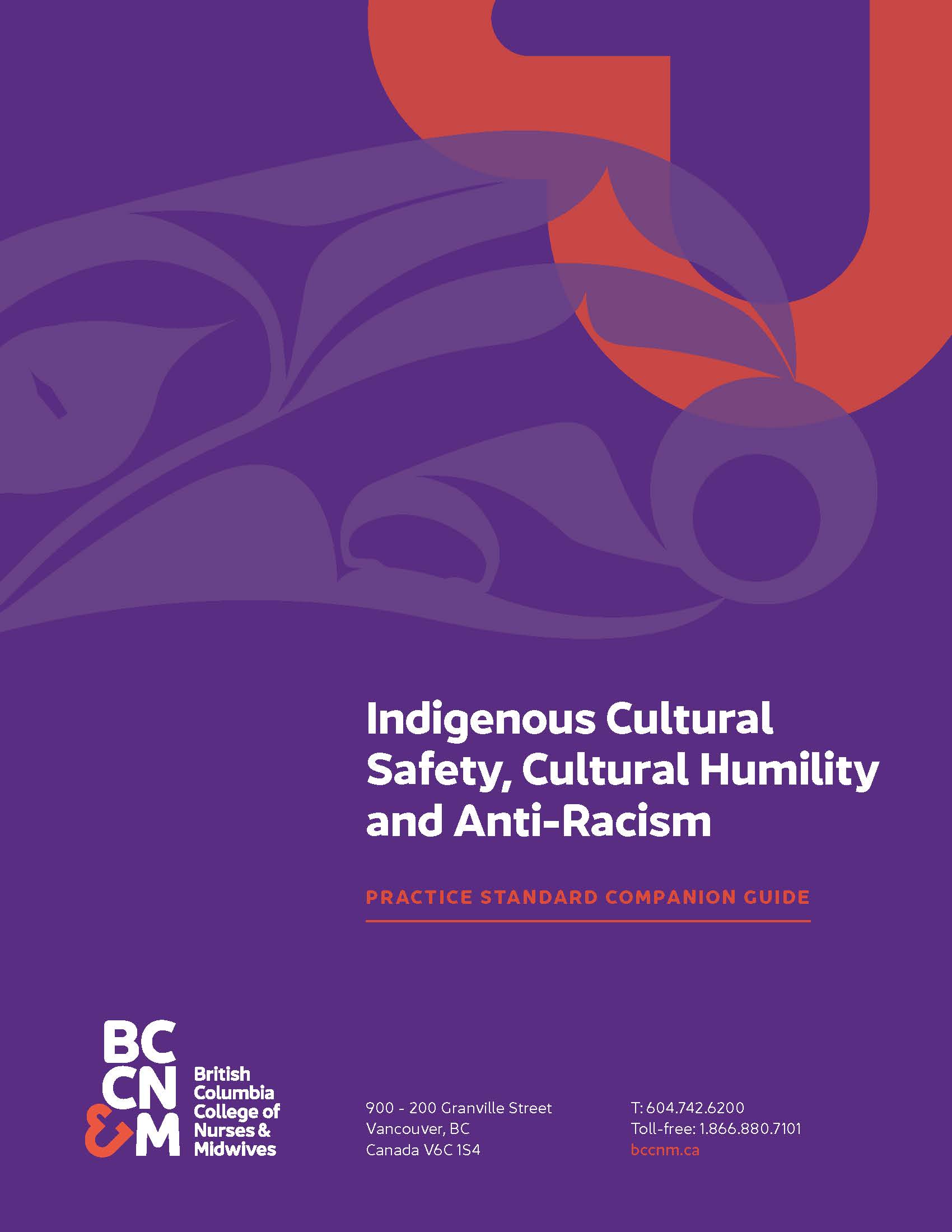On Sept. 30, Canadians will mark the second annual
National Day for Truth and Reconciliation. The day honours First Nations, Inuit, and Métis Survivors, their families, their communities, and those who never returned home from residential schools.
Public commemoration of the tragic and painful history and ongoing legacy of residential "schools" is a vital component of the reconciliation process, as it starts with acknowledging the truth. BCCNM encourages nurses, midwives, and our staff to reflect on their role in reconciliation, particularly within the healthcare system.
This day coincides with
Orange Shirt Day, an Indigenous-led grassroots commemorative day intended to raise awareness of the individual, family, and community inter-generational impacts of residential schools, and to honour the concept of “Every Child Matters." The orange shirt is a symbol of the stripping away of culture, freedom, and human rights experienced by Indigenous children over generations.
BCCNM's ongoing cultural safety and humility journey
BCCNM has a role to play in helping to dismantle Indigenous-specific racism within our healthcare system. And so, we are pleased to mark this important milestone with the release of our Indigenous Cultural Safety, Cultural Humility, and Anti-racism Practice Standard Companion Guide. This guide was created to help nurses and midwives understand and apply BCCNM's Indigenous Cultural Safety, Cultural Humility, and Anti-racism practice standard. It incorporates Indigenous experiences to help nurses and midwives learn about culturally unsafe care and reflect on their own practice.
We would like to thank the many people and organizations who supported the creation of this companion guide. When BCCNM and the College of Physicians and Surgeons of BC
created the new Indigenous Cultural Safety, Cultural Humility, and Anti-racism practice standard, we engaged Indigenous registrants, leaders, and clients throughout the healthcare system along with health authority and academic partners. This feedback helped inform this companion guide.
We are also grateful to the Indigenous Peoples who shared their experiences as part of Dr. Mary Ellen Turpel-Lafond's 2020 inquiry,
In Plain Sight, Addressing Indigenous-specific Racism and Discrimination in BC Health Care.

Resources
BCCNM has an
extensive list of learning resources around cultural safety and humility available for nurses and midwives, which has just been updated with new resources.
We also have an
educational video series produced in collaboration with the College of Physicians and Surgeons of BC, as well as the
Remembering Keegan case study. We also recommend:
Feel free to email us if you have a resource you'd like to see added to our website.
Questions or feedback?
Email
practice@bccnm.ca